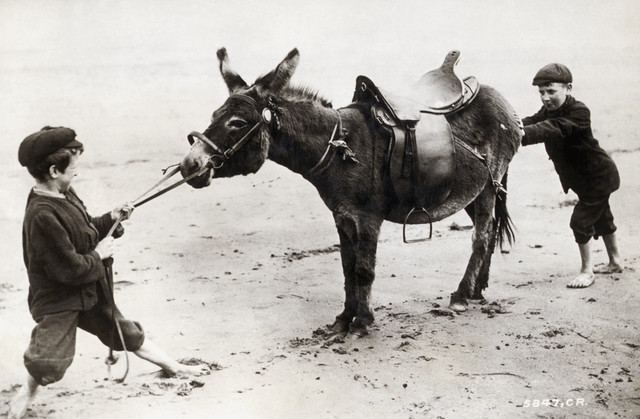|
Image by © Bettmann/CORBIS In Writing Tidbit #2, I discussed the importance of getting feedback on your writing from others. It can be an intimidating process, one which makes writers feel extremely vulnerable. The bottom line is you should do it anyway.
Another concern about critiques is losing one's own creative vision and "voice." If others are defining our writing for us, is the story truly ours? The issue of hijacked manuscripts is rare but legitimate. Part of the solution is finding the right kinds of beta-readers and editors. But the primary defense is knowing when to turn a deaf ear. Yes, you do not have to do everything an editor says. If the feedback points out a legitimate spelling or grammar error, then under almost every circumstance, the advice should be followed. If the critique is from someone knowledgeable in the specific genre or business of writing, then their advice is correct more often then not. But what if they're trying to take your writing in a new direction, one which contrasts with your vision. Consider the following recommendations that have been said to me:
Being rather stubborn, I've not had a lot of troubles with ignoring a percentage of editors' advice. Other writers have told me that knowing when to disagree is a challenge. Because every example is unique, I cannot give a concise pearl of wisdom in this matter, but I can suggest three questions to ask yourself when sifting out misguided advice:
1 Comment
Leave a Reply. |
CW BriarIn addition to firsthand experience with writing, I've attended numerous classes and conferences on the subject. I pass along that learning here. Archives
February 2016
Categories |

 RSS Feed
RSS Feed